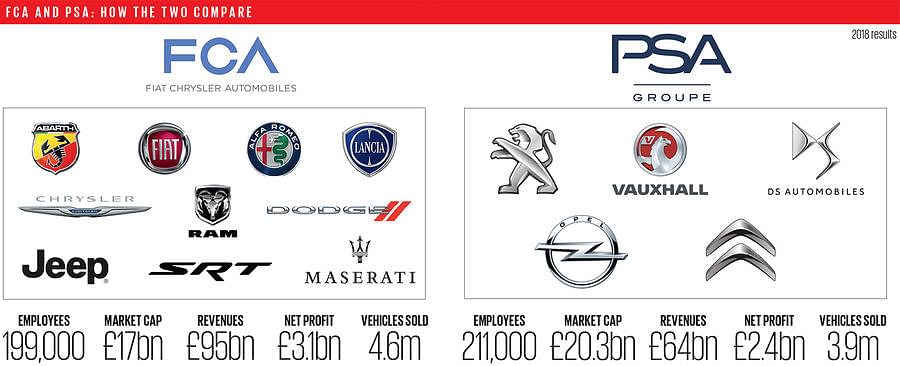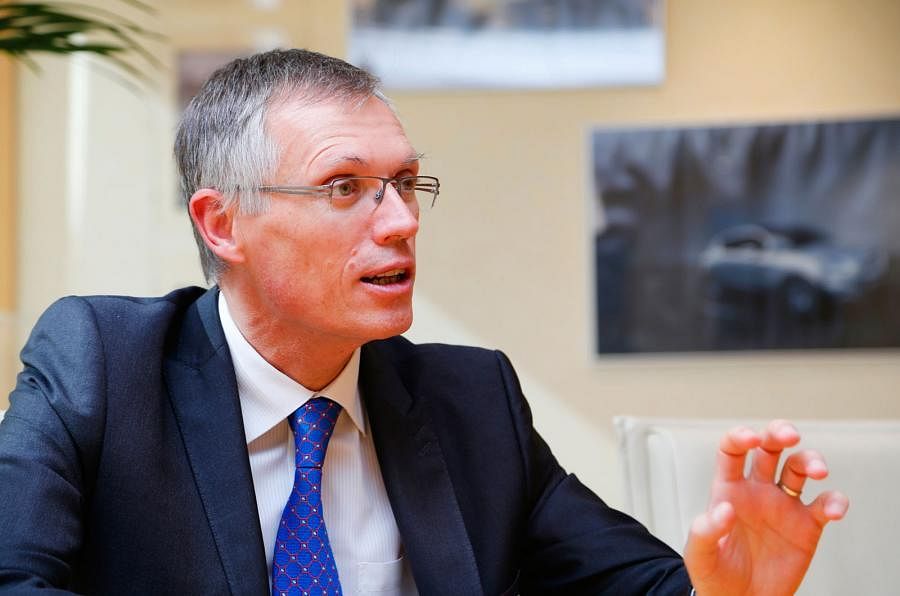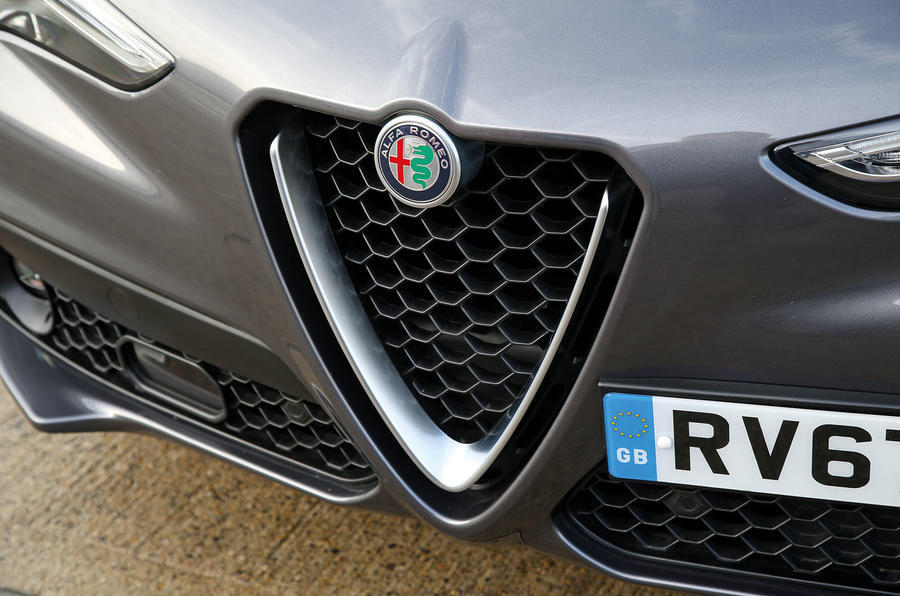Analysis: The numbers behind the FCA-PSA merger
As the car-making groups agree to tie the knot, we take a closer look at the merger's prospects.
The agreed merger between Fiat Chrysler Automobiles and the PSA Group will create the world’s fourth-largest car company based on sales.
The two European firms last week announced their intention to create a new entity owned 50/50 between the two but led by PSA’s CEO, Carlos Tavares. PSA will also appoint six board members against five for FCA, in effect giving the French company control over the decision-making.
The combination of the two will create a 15-brand automotive behemoth that together sold 4.2 million vehicles in the first half of this year, behind the Volkswagen Group, Toyota and the Renault-Nissan-Mitsubishi Alliance but ahead of General Motors and Hyundai-Kia, figures from JATO Dynamics show.
The company would be big enough “to capture successfully the opportunities and manage effectively the challenges of the new era in mobility”, according to a joint statement referencing the high cost of investing in new technologies such as EVs and autonomous cars.

Despite being highly profitable, FCA has been chasing a merger ever since its previous CEO, the late Sergio Marchionne, warned in his 2015 treatise ‘Confessions of a Capital Junkie’ that car makers had to consolidate in order to have any hope of controlling spiralling development costs. FCA have since been rebuffed time and again, most recently after talks with Renault collapsed earlier this year.
Now, just over a year after his death, Marchionne’s dream has been realised. By sharing technology and platforms and pooling other resources, the companies will eventually make combined annual savings of €3.7 billion (£3.2bn/ Rs 29,019 crore), the two said in a statement.
This figure could be achieved without shutting factories, the statement said – something PSA has proved it can do after successfully turning around GM’s loss-making Vauxhall-Opel division.
The barriers to success are huge. FCA might be profitable but, of the €7.3bn (£6.3bn/Rs 57,264 crore) it made last year in pre-tax profits, €6.2bn (£5.3bn/Rs 48,631 crore) was made in the US thanks in the main to demand for Ram pick-ups and Jeep SUVs. The company struggles in Europe, where demand for its core Fiat brand is too heavily dependent on sales of the lower-margin 500 and Panda city cars. It also fails to make serious money from its storied but underfunded premium brands, Alfa Romeo and Maserati.
 PSA's CEO, Carlos Tavares, will lead the new super-group
PSA's CEO, Carlos Tavares, will lead the new super-group
PSA could quickly fix Fiat in Europe, argues Felipe Munoz, a global analyst at Jato Dynamics. “FCA could make use of the new 208/Corsa platform to re-enter the supermini segment with a new Punto,” he said. A new Tipo could then follow on the Peugeot 308 platform.
A bigger problem is FCA’s industrial base in Italy, where it has an astonishing 27 manufacturing facilities for vehicles and parts. Over-staffing in underfunded factories running far below capacity is a serious problem that will take all of Tavares’ skill to negotiate. He won praise in the UK for – so far – managing to keep Vauxhall’s two plants running while still returning Vauxhall/Opel to profitability, and Italian unions are seeking assurances that the same can happen in Italy, where Fiats, Alfas, Maseratis and smaller Jeeps are built.

The interesting question is what happens to Alfa Romeo and Maserati? Turning Maserati into the Italian equivalent of VW Group profit machine Porsche has always been the tantalising goal, and earlier this year FCA announced a €5bn (£4.3bn/Rs 39,216 crore) investment programme to electrify Maserati and launch a new sports car with both electric and combustion engines by next year. PSA described Maserati and Alfa Romeo as having “substantial development potential”, and maybe Tavares is the man to fully unlock this. Or maybe he’s the man to finally sell Alfa Romeo to the VW Group, which it historically has coveted.
The big strengths of the planned merger are in SUVs and vans – the two most profitable segments right now. An FCA-PSA merger creates the world’s largest van maker, with sales in excess of half a million in the first half of the year, according to Jato Dynamics. It is also the world’s third-largest SUV maker, with sales of 1.5 million over the same period. Combined, it sold more than 1.2 million smaller cars (up to Astra size) but is seriously under-represented in medium-sized saloons (14th largest globally), which the new entity will need to address to overcome weakness in China.
Max Warburton, an analyst at Bernstein, acknowledged that Europe is likely to be the biggest benefit. “It’s obvious that PSA does not offer any synergies in the US, and very little in Latin America,” he said. “Putting PSA and FCA together in China doesn’t solve much, either: two wrongs don’t make a right. A deal does nothing to change Alfa and Maserati’s prospects, either.”
Nick Gibbs, Autocar UK
RELATED ARTICLES
Bajaj Chetak production plunges by 47% in July due to shortage of rare earth magnets
Bajaj Auto manufactured 10,824 Chetaks last month, 9,560 fewer units than the 20,384 Chetaks produced in July 2024. As a...
TVS eyes new markets for iQube e-scooter in rural India
TVS Motor Co, which has topped the electric two-wheeler market for the past four months, looks to expand the predominant...
India is world’s largest electric 3W market for second year in a row
India, which overtook China to become the world’s largest electric 3-wheeler market for the first time in CY2023, mainta...






 06 Nov 2019
06 Nov 2019
 42828 Views
42828 Views





 Ajit Dalvi
Ajit Dalvi



 Autocar Professional Bureau
Autocar Professional Bureau

